Faculty of Economics and Administrative Sciences
Digital Marketing, 5 ECTS (Blended Online Mobility Erasmus+)
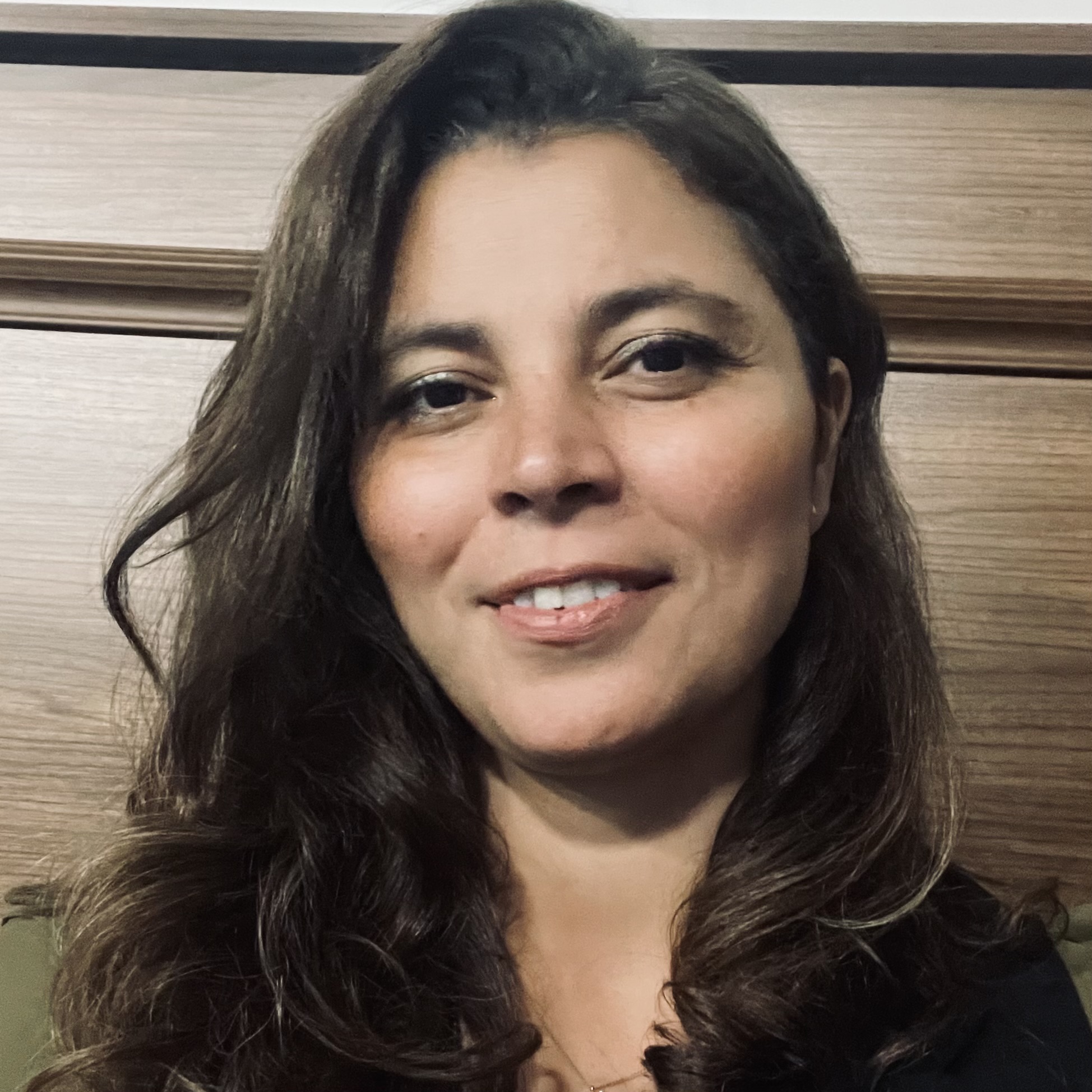
Instructor: Assoc. Prof. Dr. Burçin Kaplan
Email: [email protected]
Faculty: Economics and Administrative Sciences
Department: Business Administration
Course Description: Because of the digital revolution, companies are increasingly shifting marketing efforts from traditional media to digital media such as search engines, social media, and mobile. New technologies influence customers and also have an impact on firm performance. It is important for marketing managers to understand digital strategies and familiarize themselves with some of the technologies underlying them. This course is designed to provide an introduction to digital marketing and focuses on the integration of technology and data in every aspect of marketing to enhance customer experience and secure business success through meaningful engagement and connections.
This course aims students to understand why customers and data have become so essential to marketing, how brands can use customer data to market more effectively, how marketers and business owners can take full advantage of authentic content and online connections to build brand presence and foster loyalty and learn primary means to connect and engage with customers in a digital world.
Learning Outcomes: Upon successfully completing the course, students will be able to;
- Be familiar with the concepts, theories, and issues in digital marketing
- Familiarize with the key technologies and strategies used by firms in digital advertising
- Understand the key metrics in web and social media analytics
- Develop analytical abilities to understand how digital technology is influencing consumer behavior
- Make independent assessments of the digital marketing strategies of companies
- Develop teamwork, critical thinking, and business communication skills
Who can participate: All undergraduate and postgraduate students in social sciences, business, marketing, humanities, arts, communication, political sciences, philology, and journalism.
Prerequisites: Basic Principles of Marketing Knowledge
Participation Limit: 30 students
Course Materials: eMarketing: The Essential Guide to Marketing in a Digital World, 7th Edition, 2022 (available as a free downloadable PDF https://www.redandyellow.co.za/textbook/)
Recommended Books:
- Sweeney, Benjamin, Digital Marketing QuickStart Guide: The Simplified Beginner’s Guide to Developing a Scalable Online Strategy, Finding Your Customers, and Profitably Growing Your Business. ClydeBank Media LLC, 2022.
- Dave Chaffey and Fiona Ellis-Chadwick, Digital Marketing, 8th Edition, Pearson, 2022
- Chuck Hemann and Ken Burbary, Digital Marketing Analytics: Making Sense of Consumer Data in a Digital World, 2nd edition, Que Publishing, 2018
Curriculum:
| Week 1 | ||||
| Day 1 | Day 2 | Day 3 | Day 4 | Day 5 |
| Introduction to Marketing and Digital Marketing | Online Market Research and Digital Marketing Strategy | Search Engine Optimization (SEO) and User Experience (UX) | Web Development and eCommerce | Quiz – I Content Marketing |
| Week 2 | ||||
| Day 1 | Day 2 | Day 3 | Day 4 | Day 5 |
| Social Media Marketing | Direct marketing | Search and Social Media Advertising | Quiz – II Online and Display Advertising | Final Exam Web analytics |
| Online Component |
| Group Project Presentations |
Assessment and Evaluation:
- Quiz – I (15%)
- Quiz – II (15%)
- Group Project Presentation (30%)
- Final Exam (40%)
IAU reserves the right to cancel any of the courses if insufficient enrollment occurs (Less than 10 participants)
Integrated Marketing Communications, 6 ECTS (Blended Online Mobility Erasmus+)
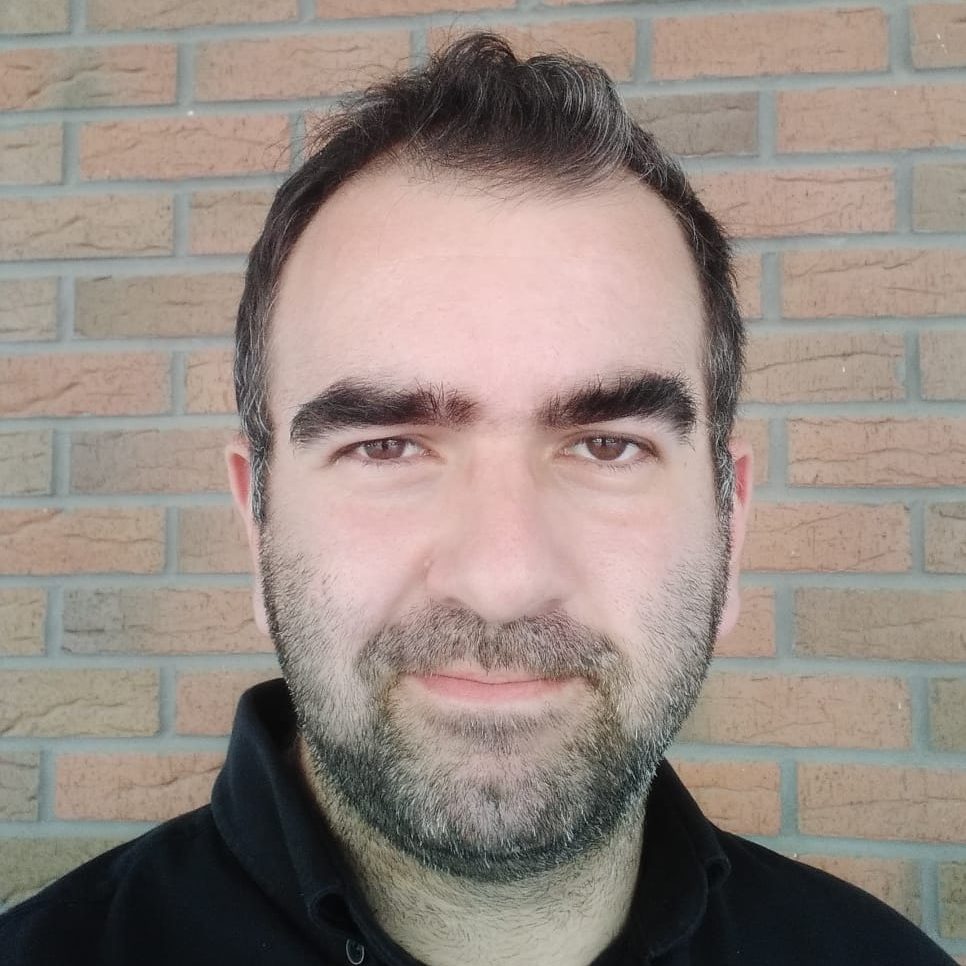
Instructor: Assoc. Prof. Dr. Ali Efe İralı
Email: [email protected]
Faculty: Economics and Administrative Sciences
Department: Business Administration
Course Description: The course aims to provide the ability to make comments and understand the main principles of marketing which includes operations and strategies. It is planned to explain the main operatives of marketing and consumer parties in the context of digital technologies, traditional factors, and the linked elements related to the supply chain. Within this scope, the unique models of marketing will be mentioned and financial principles will be detailed under critical headlines such as physical, virtual, and other production places of the digital environments.
Learning Outcomes: Upon successfully completing the course, students will be able to;
- Interpret General Marketing Principles Through Multi-disciplinary Ecosystems
- Explain Business Planning
- Analyze Processes Together with Models and Methods in terms of Marketing Operations
Who can participate: Students who are interested in marketing-related areas, especially in social sciences, international relations, humanities, arts, communication (new media, journalism, radio-tv, cinema, and public relations), political science, economics, business administration, design-oriented disciplines (game, graphics, animation), and computer engineering
Prerequisites: Basic Principles of Supply and Demand Theorems
Participation Limit: 30 students
Course Materials: Readings will be shared during courses
Curriculum:
| Week 1 | ||||
| Day 1 | Day 2 | Day 3 | Day 4 | Day 5 |
| Overview of Communication Mediums, Marketing & IMC | Understanding of Consumer Behavior | Individual & Organizational Sales Strategies | Interactive Media & Digital Environments | Entertainment as a Promotion Tool in IMC |
| Week 2 | ||||
| Day 1 | Day 2 | Day 3 | Day 4 | Day 5 |
| Physical and Virtual Products in Retail Marketing | Advertising and Promotion Techniques, Sales, Sponsorships, Publicity & Public Relations | Evaluation Methods & Key Performance Indicators for IMC | Cutting Edge Technologies like Virtual and Augmented Reality (AR) Based Applications in IMC | Sentimental & Content Analysis Procedures for IMC in the Context of Natural Language Processing Tools |
| Online Component |
| Project Presentations |
Assessment and Evaluation:
- Homework (30%)
- Midterm Exam (30%)
- Final Exam (40%)
IAU reserves the right to cancel any of the courses if insufficient enrollment occurs (Less than 10 participants)
International Organizations and World Politics, 5 ECTS (Blended Online Mobility Erasmus+)
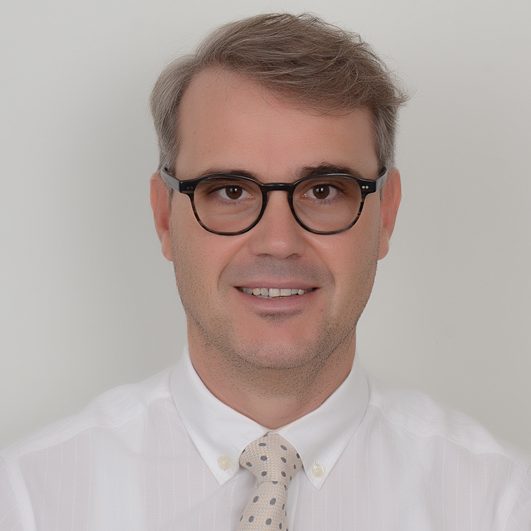
Instructor: Prof. Dr. Tarık Oğuzlu
Email: [email protected]
Faculty: Economics and Administrative Sciences
Department: Political Science and International Relations
Course Description: The course mainly explores international organizations’ role, functions, and effectiveness in international politics from theoretical/conceptual and empirical perspectives. In doing so, the course also examines approaches of great powers and middle powers to the issues of international organizations, global governance, and world politics in detail. While exploring possible ways of improving the capacity of the international community as a whole to deal with global challenges, the course aims to help students gain a deeper understanding of how international organizations work (or don’t), as well as the margins of maneuverability within it for improving outcomes. The course combines theoretical and policy-oriented perspectives in examining the performance of international organizations in the issue-areas of peace and security, economic and social development as well as democratization and human rights.
Learning Outcomes: Upon successfully completing the course, students will be able to;
- Analyze the role and status of international organizations in world politics from theoretical and empirical perspectives
- Analyze the approaches of great powers and middle powers to the issues of international organizations, global governance, and world politics in detail
Who can participate: The course is open to undergraduate and graduate students in social sciences, international relations, humanities, arts, communication, political science, economics, management, journalism, and business administration
Prerequisites: Desire to enhance knowledge and improve critical thinking skills in international politics
Participation Limit: 20 students
Course Materials: Readings will be shared with students. There is a course book, recommended journal articles, policy briefs, and think tank reports. Students will also watch interesting videos on YouTube concerning the issues of daily lectures.
Curriculum:
| Week 1 | ||||
| Day 1 | Day 2 | Day 3 | Day 4 | Day 5 |
| Theoretical Approaches to International Organizations and World Politics – Mainstream Perspectives | Theoretical Approaches to International Organizations and World Politics – Critical/Alternative Perspectives | The Postwar Liberal International Order and the United Nations system | The Emerging Post-liberal International Order and Challenges to the United Nations System | American Approaches to World Politics and International Organizations – The Case of NATO and American Hegemony |
| Week 2 | ||||
| Day 1 | Day 2 | Day 3 | Day 4 | Day 5 |
| European Approaches to International Organizations and World Politics – The Case of the European Union | Chinese and Russian Approaches to International Organizations and World Politics – The Cases of the Shanghai Cooperation Organization, BRICS, and the Belt and Road Initiative | International Organizations and World Politics – Perspectives from the Global South | International Organizations and World Politics Concerning Climate Change, Pandemics, Artificial Intelligence, Refugees and Migrants | Final Exam The Future of Globalization and Debates on a new Cold War – The Promise of International Organizations in the Emerging Century |
| Online Component |
| Research Projects Presentations |
Assessment and Evaluation
- Class Attendance & in-class Participation (10%)
- Research Project (25%)
- Research Project Presentations (25%)
- Final Exam (40%)
IAU reserves the right to cancel any of the courses if insufficient enrollment occurs (Less than 10 participants)
Faculty of Medicine
Genetics and Medical Biotechnology, 6 ECTS (Blended Online Mobility Erasmus+)
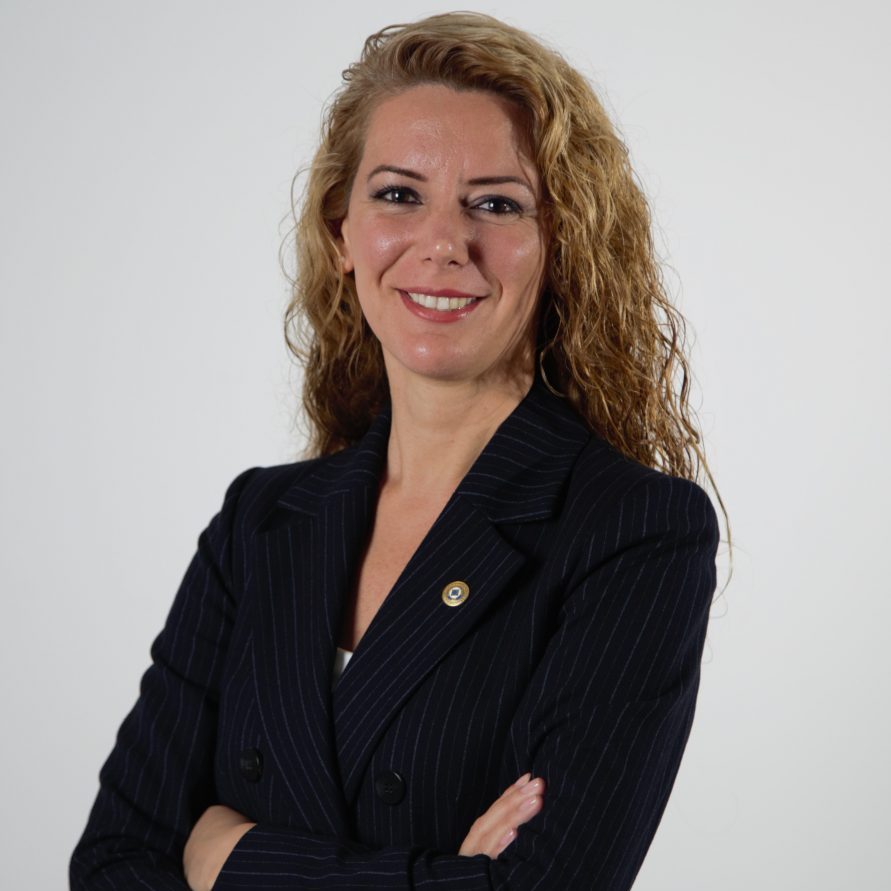
Instructor: Assist. Prof. Dr. Arta Armani
Email: [email protected]
Faculty: Medicine
Department: Medical Biology and Genetics
Course Description: Medical Biotechnology, with the growth in Genetic Engineering technology and the advancement of research in Biotechnology, is experiencing rapid growth in recent years. This natural science field leads to opportunities to develop innovative technologies to improve human health by preventing, diagnosing, and treating genetic diseases. In this line, Medical Biotechnology has revolutionized the health system and combines engineering technologies with biological sciences to regulate systems and living organisms. Genome sequencing, cloning, stem cell research, and gene therapy combined with CRISPR/Cas9 technology are the most important benefits of genetic engineering that make this field indispensable in the modern world.
The course aims to teach advanced lessons in the biological processes meant for medical biotechnology and other purposes. During the course, the concept of medical biotechnology and its connections with human genetic diseases will be covered systematically from the central dogma of genetics and then generalized with the recent applications in biotechnology with special topics.
The course is designed in two parts which will provide students the opportunity to learn not only the theoretical part of the course but also apply the practical part in our laboratories by using Genomic DNA Isolation and Measurement Procedures, Polymerase Chain Reaction (PCR), RFLP, Agarose Gel Electrophoresis, Sequencing, and Bioinformatics Tools. A unique aspect of this course is its focus on biotechnology in medicine.
Learning Outcomes: Upon successfully completing the course, the students will be able to;
- Understand Basic Concepts of Genetics and Medical Biotechnology
- Learn Specific Techniques Applied in Medical Genetics
- Gain Knowledge About Genetic Engineering Technology
- Learn Innovative Techniques in Medical Biotechnology
Prerequisites: Basic Genetics and Computer Skills
Who can participate: Students from the Faculty of Medicine, Genetic Engineering, Science and Arts (Genetics, Biotechnology, Bioinformatics, Neuroscience, Biochemistry) department.
Participation Limit: 20 students
Curriculum:
| Week 1 | ||||
| Day 1 | Day 2 | Day 3 | Day 4 | Day 5 |
| The Biotechnology Century and Its Workforce | Introduction to Genes and Genomes, Genomic DNA Isolation, and Measurement | Genetic Engineering: Recombinant DNA Technology and PCR Experiment | Proteins as Final Products of Genes and RFLP Experiment | Midterm Exam Medical Biotechnology and Its Applications: Agarose Gel Electrophoresis |
| Week 2 | ||||
| Day 1 | Day 2 | Day 3 | Day 4 | Day 5 |
| Bioinformatics and Genomic Databases | The Greatest Discovery: The Human Genome Project and Sequence Analysis | Cancer Genetics, Pharmacogenomics and Bioinformatics Tools | Final Exam Gene Therapy, CRISPR/Cas9 Technology, and Agarose Gel Electrophoresis | Ethics and Medical Biotechnology |
| Online Component |
| Research (HW) Project Presentations |
Assessment and Evaluation:
- Research (HW) Project Presentation (30%)
- Midterm Exam (30%)
- Final Exam (40%)
IAU reserves the right to cancel any of the courses if insufficient enrollment occurs (Less than 10 participants)
Faculty of Dentistry
Dentistry Hands-on Training (Certificate Program)
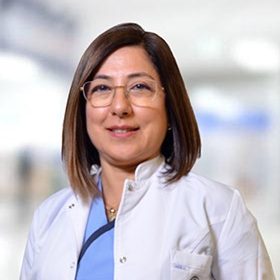
Instructor: Assoc. Prof. Dr. Işıl Kaya Büyükbayram
Email: [email protected]
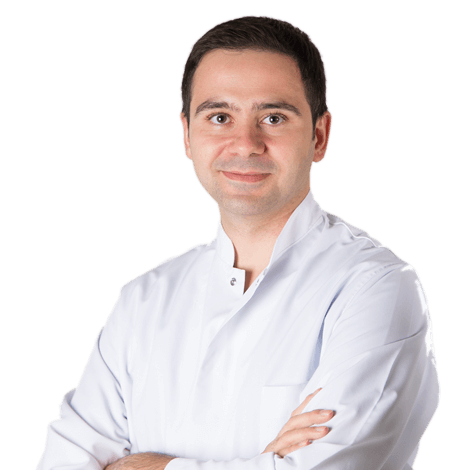
Instructor: Assoc. Prof. Dr. Cenker Zeki Koyuncuoğlu
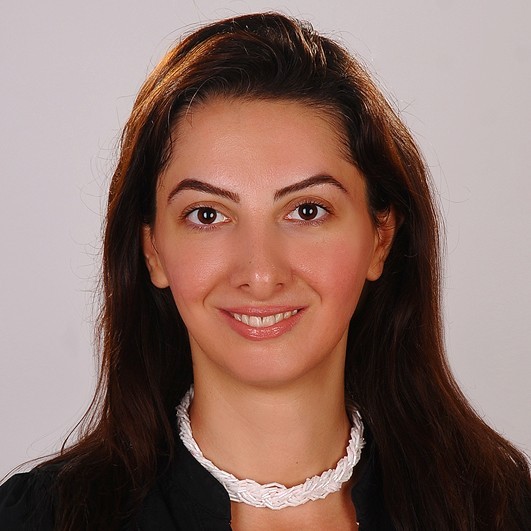
Instructor: Assist. Prof. Dr. Duygu Bilgili
Email: [email protected]
Faculty: Dentistry
Department: Dentistry
Course Description: Dentistry is the field of oral and maxillofacial diseases, including their prevention, diagnosis, and treatment. It is crucial to preserving dental health, which is necessary for overall well-being. Beyond teeth and gums, dentistry cares for the entire oral and craniofacial region, emphasizing the link to overall health. Oral health has a big impact on quality of life since disorders like gum disease can affect systemic issues like diabetes and heart disease. Dentistry promotes public health and long-term well-being by focusing on prevention and advanced care.
This course aims to equip dental professionals with the necessary skills for advanced clinical treatments. Participants will learn adequate suturing techniques for wound closure and tissue management, how to use rubber dams effectively to guarantee isolation and moisture control during treatments, and how to use rotary instruments to perform precise and efficient endodontic procedures. This comprehensive training combines theoretical knowledge with hands-on practice, increasing participants’ proficiency in these important facets of modern dentistry.
Learning Outcomes: By completing the Suture, Rubber Dam, and Endodontic Rotary Instrumentation Course, participants will:
- Develop expertise in suturing techniques for effective wound closure and tissue management
- Learn to use rubber dams for optimal isolation and moisture control during treatments
- Use rotary endodontic instruments for precise and efficient root canal procedures
- Enhance clinical accuracy and improve patient outcomes through advanced techniques
Prerequisites: Basic Knowledge in the field of Dentistry
Who can participate: Students from the Faculty of Dentistry
Participation Limit: 20 students
Curriculum:
| Program Flow | ||||
| Day 1 | Day 2 | Day 3 | Day 4 | Day 5 |
| Clinical Observation | Course 1: Suture Materials and Making Suture | Course 2: Rubber-Dam Application | Course 3: Rotary Instrument Usage in Endodontic Treatment | Clinical Observation |
IAU reserves the right to cancel any of the courses if insufficient enrollment occurs (Less than 10 participants)
